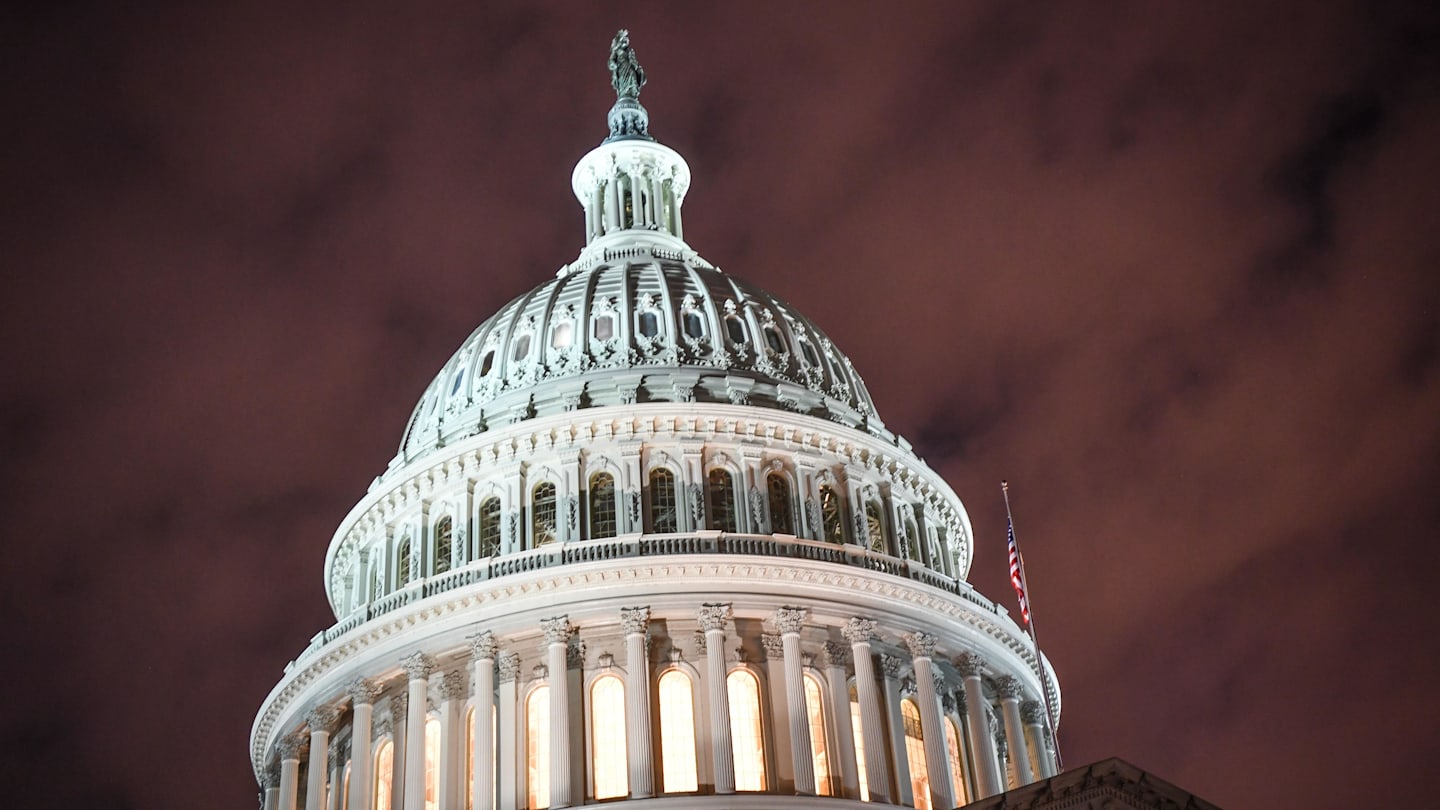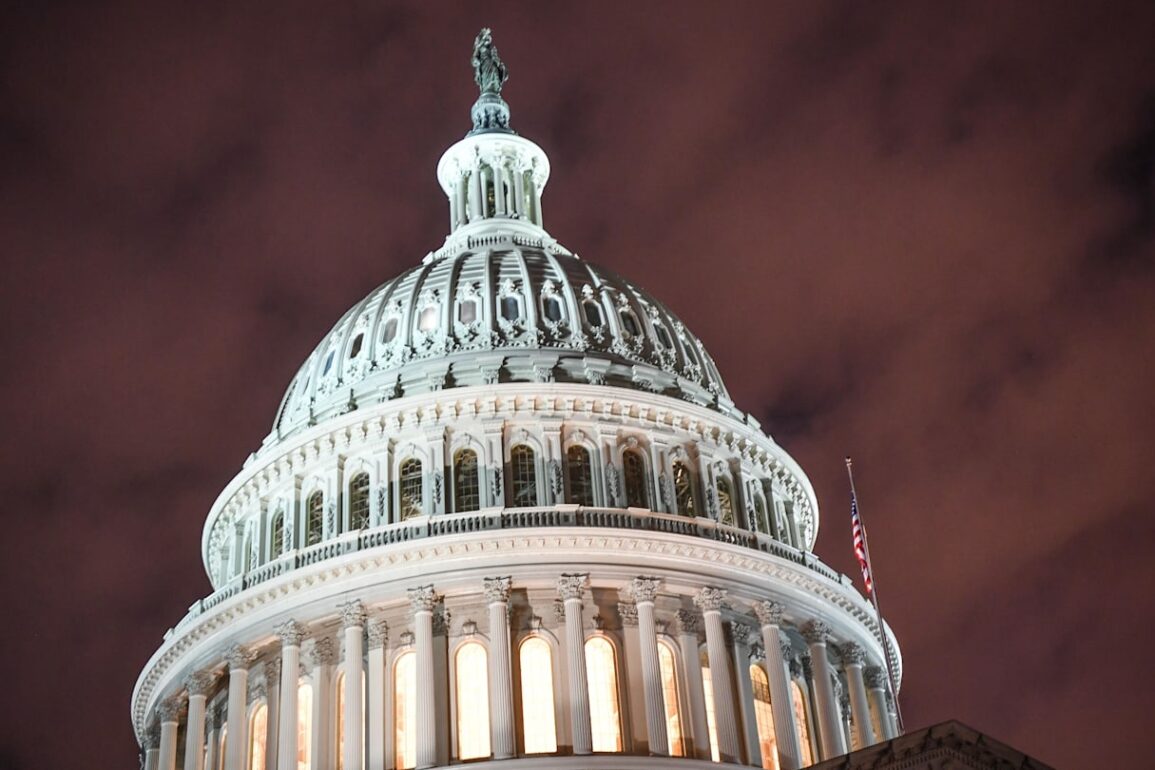
Amid expectations that the College Football Playoff is poised to expand yet again, there are mounting questions around the unequal influence the SEC and Big Ten will have on the size and shape of the sport’s postseason.
Those questions are now being asked by a sitting member of the United States Congress.
Rep. Brendan Boyle fired off a stern warning to the SEC and Big Ten, going as far as suggesting a federal hearing may be required.
“Let me state this as clearly as I can: the Big Ten and SEC should be very, very careful about some of the decisions they are about to make,” Boyle said in an X post.
He added: “Because they appear hellbent on ruining major college football. I think they need congressional hearings into their collusion.”
Boyle’s intervention comes at a moment when other national initiatives have been proposed to regulate college football, including an apparently-paused Presidential commission on NCAA sports that was poised to appoint Nick Saban as co-chair.
That newfound scrutiny towards the SEC and Big Ten comes as those two conferences seek to use their combined negotiating power to reshape the College Football Playoff format in a way to their advantage.
The current expectation is that any expanded playoff would feature four automatic qualifiers each for the SEC and Big Ten, taking up half the tournament by themselves.
Two automatic places would be awarded to the ACC and Big 12 each, followed by one for the best Group of Five team, and the remaining three at-large bids.
That plan has expectedly been met with widespread disapproval, especially from the ACC and Big 12, including Miami head coach Mario Cristobal, who condemned the idea of awarding places that aren’t earned on the field.
Unfortunately, any attempt to stop the SEC and Big Ten from using their influence to redesign the playoff may prove futile before it’s mounted.
That’s because of a “memorandum of understanding” that was signed last year, giving college football’s Big Two leagues almost complete control over the playoff format.
That is, unless someone with more power stops them, an idea that at least one member of Congress is willing to entertain.
—
This post was originally published on this site be sure to check out more of their content.








